A popular church hymn declares, “Glory and Praise to Our God, who alone gives light to our days. Many are the blessings He bears to those who trust in His ways”. We can see the glory of God reflected in His many creations.
Have you ever seen the opening scene of the beloved classic, The Sound of Music? As a child I would always rush through it. There were no lines, just the sounds of birds and wind along panoramic views of the Swiss Alps. Why would anyone want to waste time looking at the greenery and high-pointed rocks, I would wonder to myself. Yet it is in the grand landscape of the mountains that God often manifests himself.
Whether it was where Elijah heard the quiet voice of God in a whisper, or where Moses spent forty days encompassed by loud thundering as he received God’s covenant, mountains and other high places have often been special spots where we can come closer to God. Perhaps in all the Bible no one comes physically closer to observing God’s glory than on Mount Tabor where Peter, James and John encounter the transfiguration of Christ. Here in a truly physical sense do the opening words of John’s Gospel speak, “And the light shone in the darkness, and the darkness shall not overcome it.”
This could not provide a more adequate visual for our human senses. He remained human and yet is, was and forever will be, divine. He was radiant, so much more glorious than they had already come to understand while here on Earth. I ask that today we reflect on and be thankful to God for revealing a first glimpse of Himself, using the senses of nature, whether through the greatest heights or the warmth of His everlasting light.
Un himno popular de la Iglesia declara: “Gloria y alabanza a nuestro Dios, el único que alumbra nuestros días. Muchas son las bendiciones que lleva a los que confían en sus caminos”. Podemos ver la gloria de Dios reflejada en Sus muchas creaciones.
¿Has visto alguna vez la escena inicial del querido clásico The Sound of Music (El Sonido de la Música)? Cuando era niña, siempre lo adelantaba rápidamente. No había líneas habladas, sólo el sonido de los pájaros y el viento junto a las vistas panorámicas de los Alpes suizos. ¿Por qué alguien querría perder el tiempo mirando la vegetación y las rocas puntiagudas?, me preguntaba. Sin embargo, es en el gran paisaje de las montañas donde Dios a menudo se manifiesta.
Ya sea donde Elías escuchó la tranquila voz de Dios en un susurro, o donde Moisés pasó cuarenta días rodeado de fuertes truenos mientras recibía la alianza de Dios, las montañas y otros lugares altos a menudo han sido lugares especiales donde podemos acercarnos a Dios. Quizás en toda la Biblia nadie se acerca físicamente más a observar la gloria de Dios que en el Monte Tabor, donde Pedro, Santiago y Juan se encuentran con la transfiguración de Cristo. Aquí, en un sentido verdaderamente físico, hablan las palabras iniciales del Evangelio de Juan: “Y la luz brilló en las tinieblas, y las tinieblas no la vencerán”.
Esto proporciona una imagen sumamente adecuada para nuestros sentidos humanos. Siguió siendo ser humano y, sin embargo, es, fue y será por siempre divino. Era radiante, mucho más glorioso de lo que ya habían llegado a comprender mientras estaban aquí en la Tierra. Pido que hoy reflexionemos y agradezcamos a Dios por revelarnos un primer vistazo de sí mismo, usando los sentidos de la naturaleza, ya sea a través de las mayores alturas o del calor de Su luz eterna.
 Dr. Alexis Dallara-Marsh is a board-certified neurologist who practices in Bergen County, NJ. She is a wife to her best friend, Akeem, and a mother of two little ones on Earth and two others in heaven above.
Dr. Alexis Dallara-Marsh is a board-certified neurologist who practices in Bergen County, NJ. She is a wife to her best friend, Akeem, and a mother of two little ones on Earth and two others in heaven above.
Feature Image Credit: Jean Pierre Teullet, cathopic.com/photo/33291-mount-of-transfiguration
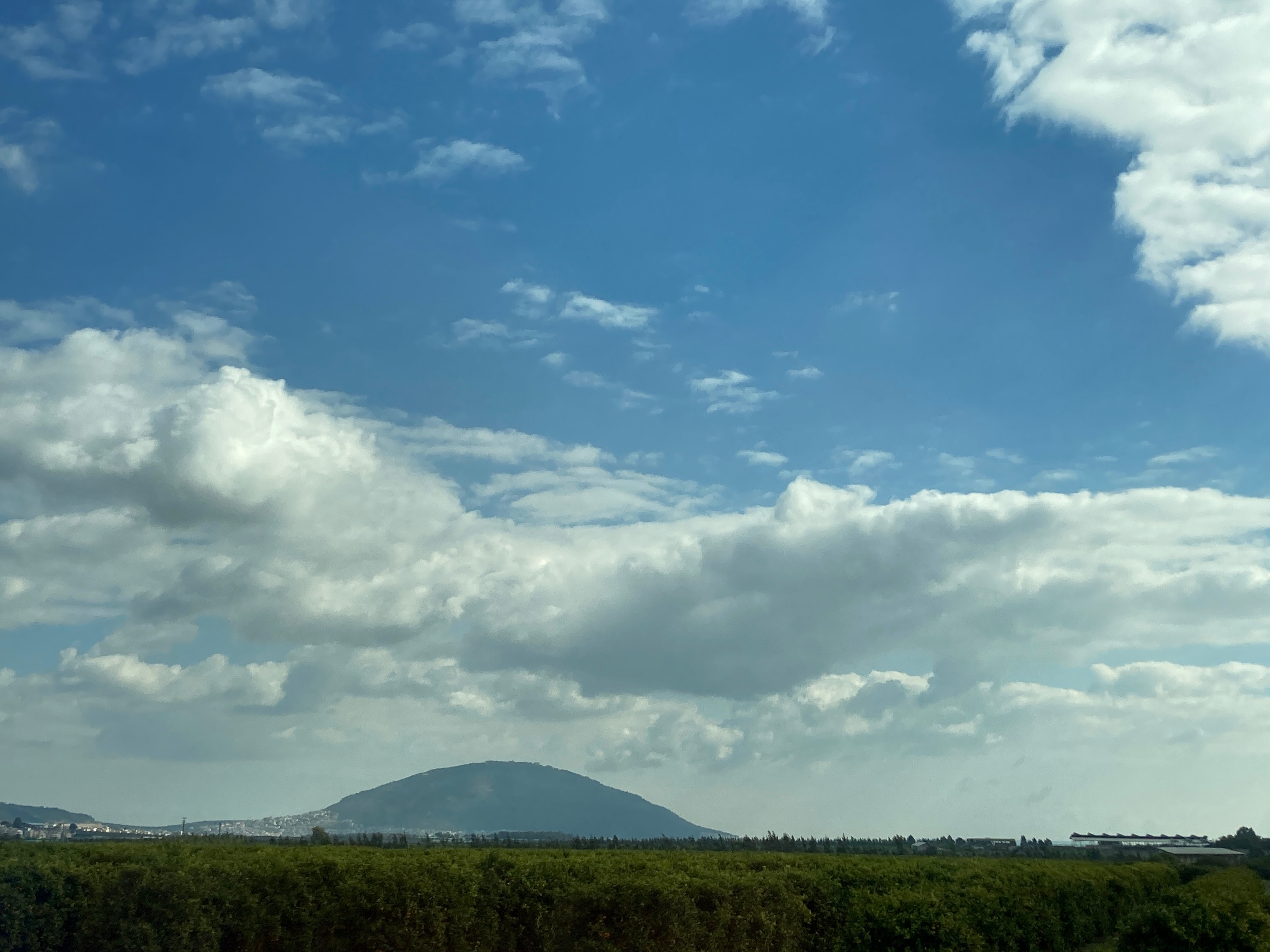


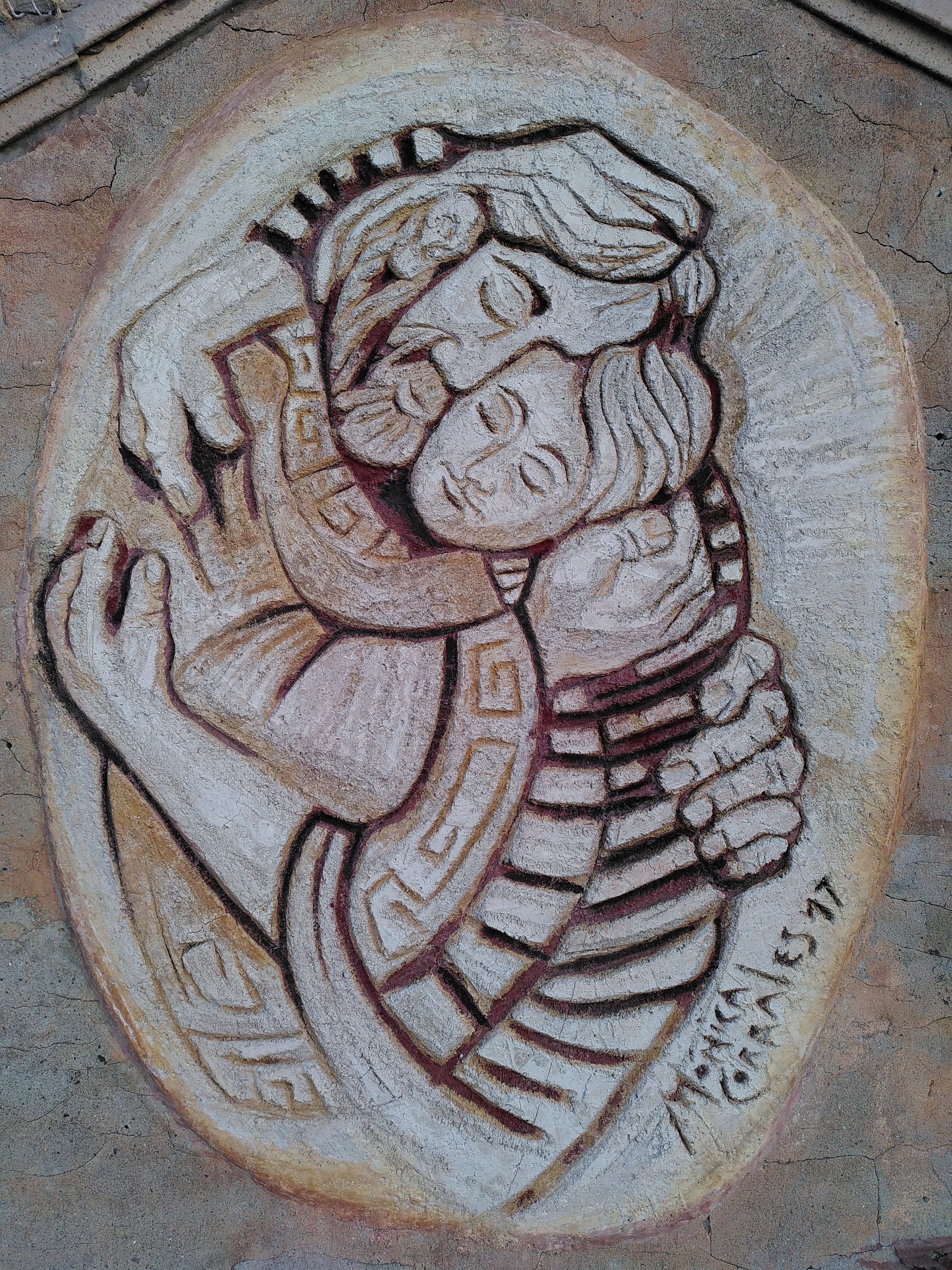
 Kathryn Mulderink, MA, is married to Robert, Station Manager for Holy Family Radio. Together they have seven children (including Father Rob), and seven grandchildren. She is President of the local community of Secular Discalced Carmelites and has published five books and many articles. Over the last 30 years, she has worked as a teacher, headmistress, catechist, Pastoral Associate, and DRE, and as a writer and voice talent for Catholic Radio. Currently, she serves the Church by writing and speaking, and by collaborating with various parishes and to lead others to encounter Christ and engage their faith. Her website is
Kathryn Mulderink, MA, is married to Robert, Station Manager for Holy Family Radio. Together they have seven children (including Father Rob), and seven grandchildren. She is President of the local community of Secular Discalced Carmelites and has published five books and many articles. Over the last 30 years, she has worked as a teacher, headmistress, catechist, Pastoral Associate, and DRE, and as a writer and voice talent for Catholic Radio. Currently, she serves the Church by writing and speaking, and by collaborating with various parishes and to lead others to encounter Christ and engage their faith. Her website is 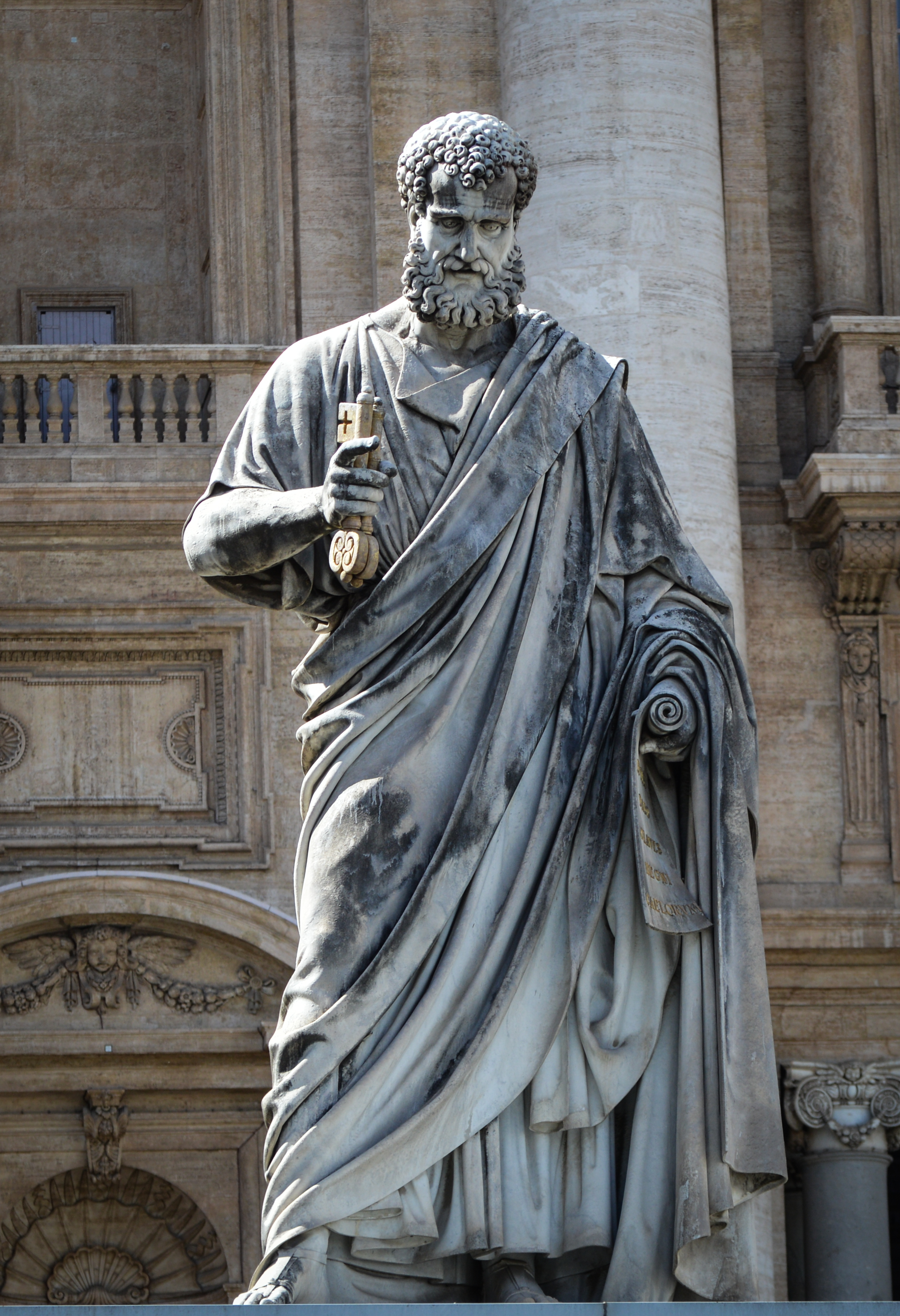

 Emily Jaminet is a Catholic author, speaker, radio personality, wife, and mother of seven children. She earned a bachelor’s degree in mental health and human services from the Franciscan University of Steubenville. She is the co-founder of
Emily Jaminet is a Catholic author, speaker, radio personality, wife, and mother of seven children. She earned a bachelor’s degree in mental health and human services from the Franciscan University of Steubenville. She is the co-founder of 

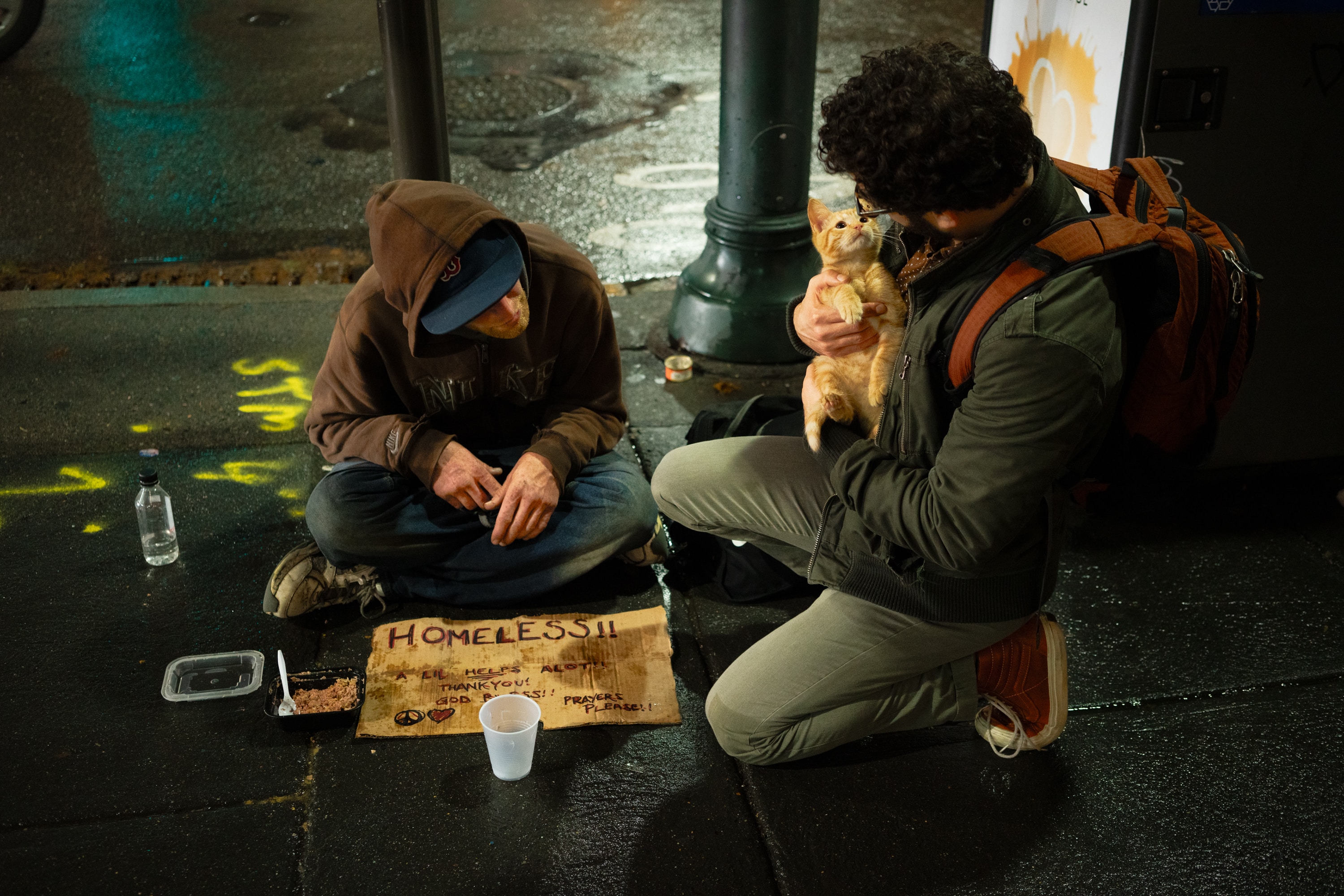
 A lover of Jesus Christ, a wife, and a mother of five, Christine is the author of Everyday Heroism: 28 Daily Reflections on the Little Way of Motherhood. She is a graduate of Franciscan University, an instructor for the Institute for Excellence in Writing, and an experienced catechist. Thrilled to have recently become grandparents, she and her husband currently live in Upstate, NY. Visit her author webpage at
A lover of Jesus Christ, a wife, and a mother of five, Christine is the author of Everyday Heroism: 28 Daily Reflections on the Little Way of Motherhood. She is a graduate of Franciscan University, an instructor for the Institute for Excellence in Writing, and an experienced catechist. Thrilled to have recently become grandparents, she and her husband currently live in Upstate, NY. Visit her author webpage at 

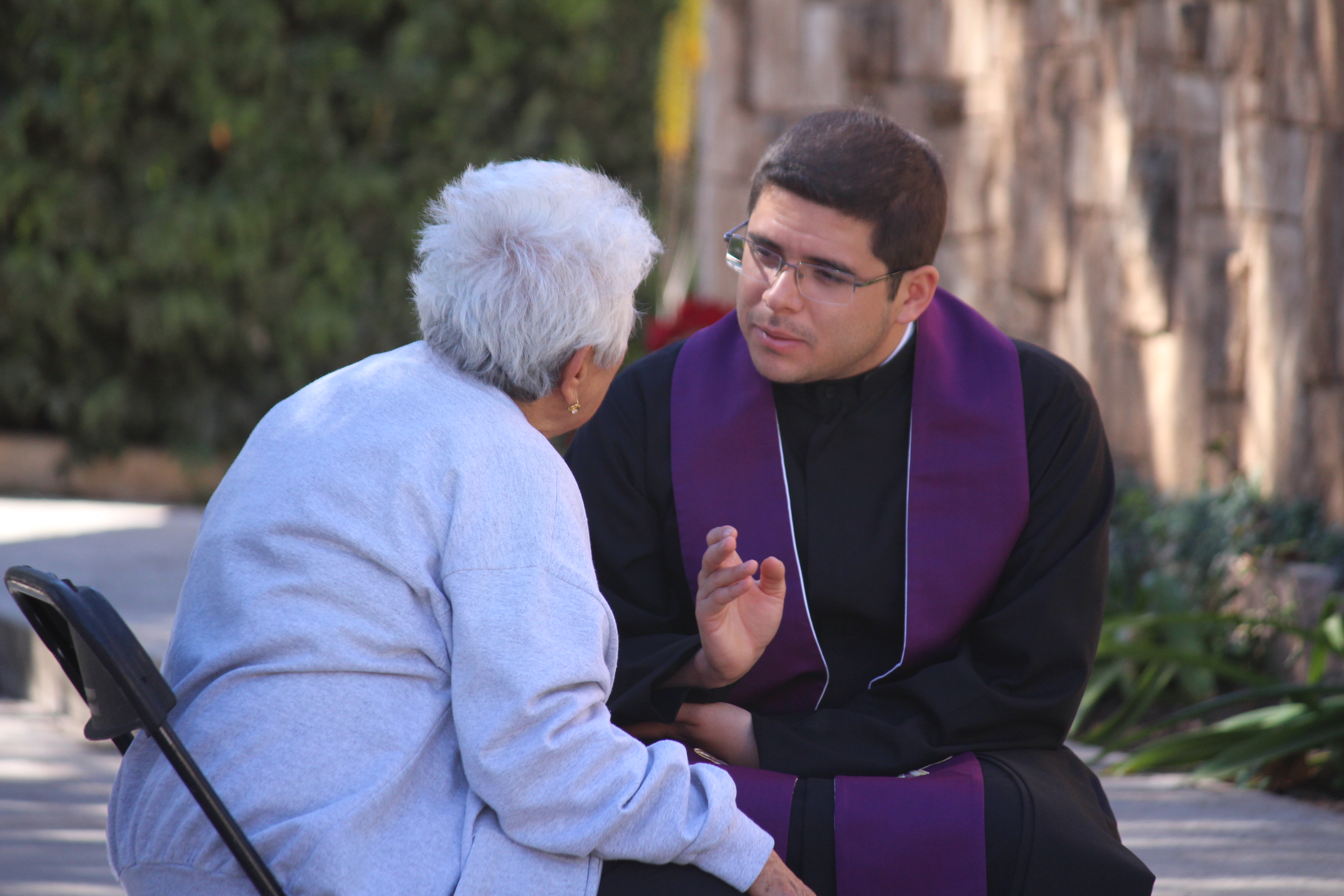
 Mike Karpus is a regular guy. He grew up in Michigan’s Upper Peninsula, graduated from Michigan State University and works as an editor. He is married to a Catholic school principal, raised two daughters who became Catholic school teachers at points in their careers, and now relishes his two grandchildren, including the older one who is fascinated with learning about his faith. He also has served on a Catholic school board, a pastoral council and a parish stewardship committee. He currently is a lector at Mass, a Knight of Columbus, Adult Faith Formation Committee member and a board member of the local Habitat for Humanity organization. But mostly he’s a regular guy.
Mike Karpus is a regular guy. He grew up in Michigan’s Upper Peninsula, graduated from Michigan State University and works as an editor. He is married to a Catholic school principal, raised two daughters who became Catholic school teachers at points in their careers, and now relishes his two grandchildren, including the older one who is fascinated with learning about his faith. He also has served on a Catholic school board, a pastoral council and a parish stewardship committee. He currently is a lector at Mass, a Knight of Columbus, Adult Faith Formation Committee member and a board member of the local Habitat for Humanity organization. But mostly he’s a regular guy.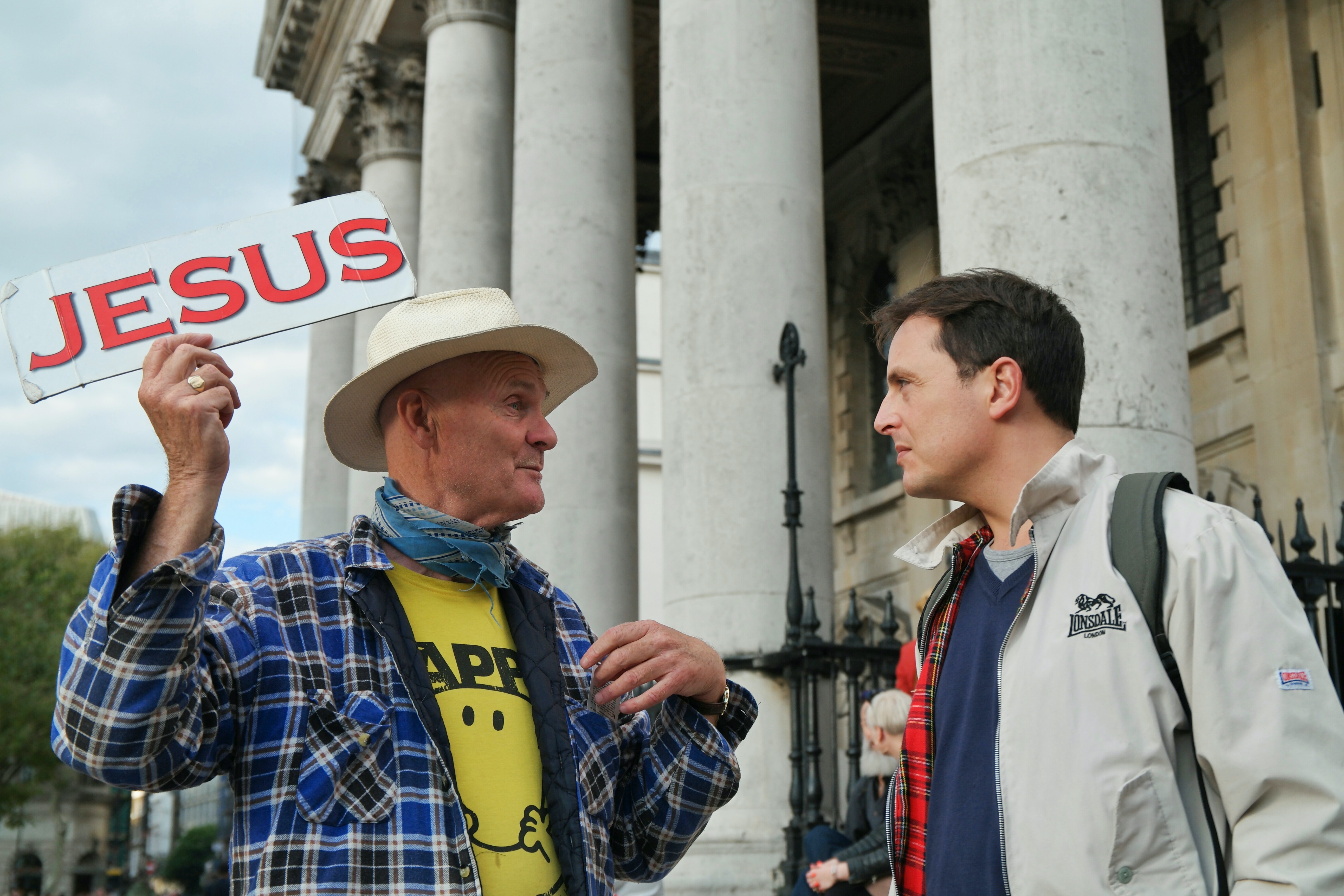
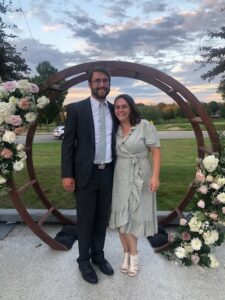 Heather Orlowski and her husband are busy parents of two little girls (ages 2 and 4). The Catholic Church holds a special place in her heart and in her entire life. She attended Catholic schools from Kindergarten through college. She graduated from Aquinas College with a degree in Elementary/Special Education. Catholic Education is very important to her and she now teaches 1st and 2nd grades at St. Therese Catholic School. In her free time, she loves creating memories with her family and watching her little girls play soccer.
Heather Orlowski and her husband are busy parents of two little girls (ages 2 and 4). The Catholic Church holds a special place in her heart and in her entire life. She attended Catholic schools from Kindergarten through college. She graduated from Aquinas College with a degree in Elementary/Special Education. Catholic Education is very important to her and she now teaches 1st and 2nd grades at St. Therese Catholic School. In her free time, she loves creating memories with her family and watching her little girls play soccer. 


